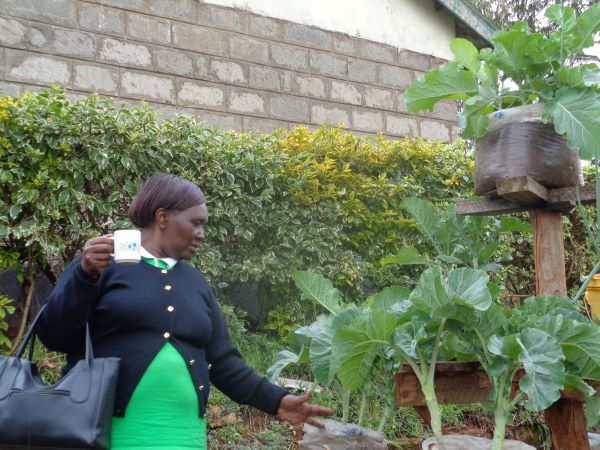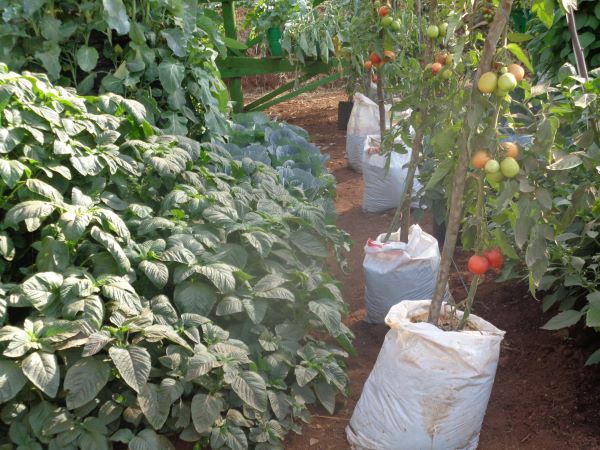Although it may not offer complete solution to poor city and town dwellers’ economic and food security problems as has been the claim, urban agriculture has the potential to create resilient communities to food prices that may be brought about during and post COVID-19 crisis.
According to Elizabeth Onyango, one of the founders of Ukulima Tech, a Kenyan social enterprise startup that make vertical gardening setups for urban farmers, going forward, town and city dwellers have to learn very fast on how to convert the little space they have into kitchen gardens to cushion themselves against market shocks.
“Unless everyone gets involved in food production at whatever capacity they can, we may not be able to recover very fast post the pandemic which may also come with its negative impacts on food prices,” said Onyango.

In fact, during the peak of COVID-19 farming and food availability in markets were really affected as inputs remained scarce and vital agrochemicals were delayed in ports and at customs checkpoints.
However, according to Onyango, with vertical farming systems one can manage organic and pest-free crop production that meets sustainable and healthy food for optimal nutrition.
A multi-level structure which is one of the firm’s setup for urban farmers gives about eight times more growing area than an average greenhouse.
“Our vertical gardens also allow for more crop rotations per year than conventional farming systems in addition to providing for mess-free farming and speed up crop cycle,” said Onyango.
In this, the Ukulima Tech has been designing, fabricating, installing and maintaining unique farming systems that maximize on the usage of space for interested urban farmers.
For Roussoss Odhiambo, founder of Delicious Mushrooms Kenya, the crop is among many that can not only uplift the nutrition and economic standards of urban dwellers but it is also easy to grow as they can do well in rooms or even in forgotten spaces such as under the stairs.
He says, an eighth acre space can hos a homestead and the remaining space produce as much as two tonnes of mushroom. This can be a good source of food and income as a kilogram currently retails at an average price of Sh600 translating to as much as Sh1.2m in sales revenue per season.
“For over three years now, I have been involved in farming and training many city dwellers in mushroom production among other crops. My main aim is to help many willing individuals who have the passion of producing their own food,” said Odhiambo adding that the pandemic could be a blessing in disguise for willing city families who have never taken urban farming seriously.
The 2015 Bachelor of Science (Information Technology) graduate from Mount Kenya University already has about 6,000 in both urban and peri-urban locations in Kenya and Uganda who have subscribed to the company’s services.
He says urban dwellers now have to learn to produce their own foods because markets are prone to internal supply chain shocks as well as external physical and economic shocks, thereby impacting prices and market participation.
“Today, due to panic of uncertainty, local produce from backyard gardens and other available spaces are proving to be vital safety nets for many low-income urban dwellers, providing essential food supplies within their neighbourhoods,” said Odhiambo.
In some countries, food prices have increased by more than 100 per cent due to panic buying even as large portions of the population lose their incomes.
African cities may be particularly amenable given that vacant and underutilised land can often be found in abundance









